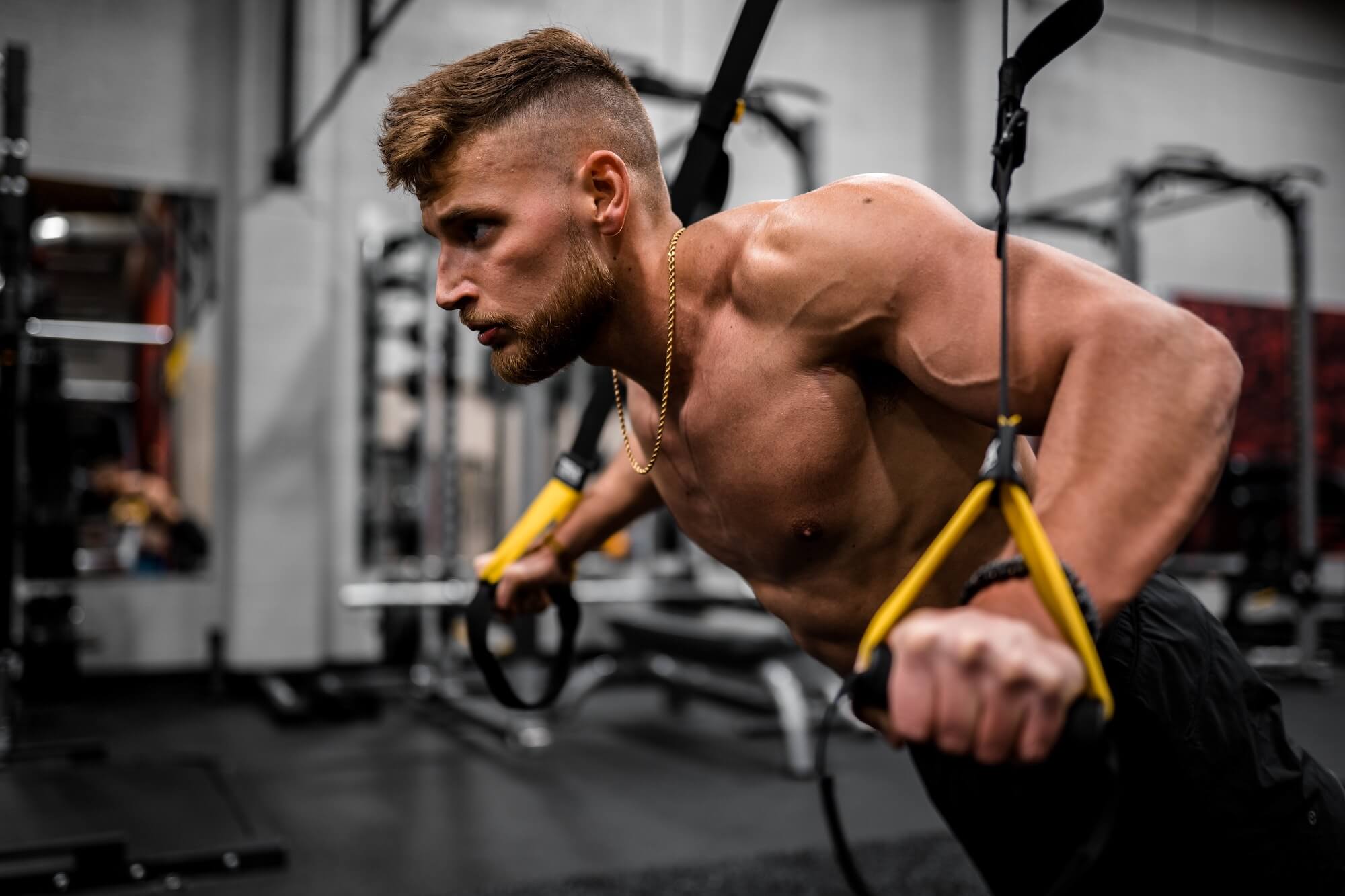
CBD For Athletes: Everything Athletes Need To Know About CBD
A growing number of professional athletes are speaking up about the benefits of CBD oil, suggesting its use is now becoming widespread within the sporting community. Read on for the lowdown on CBD for athletes.
Physical training is good for the body – with a whole host of associated health benefits – but there can also be a downside. Repeated gruelling workouts can place stress on the body’s endocannabinoid system and lead to pain and inflammation.
Consequently, athletes are forced to rely on both over-the-counter and prescription medications to deal with this issue and allow them to continue to train and compete. But taking traditional medications can lead to many unwanted and unhealthy side effects. Worryingly, opioid addiction is a serious concern in some professional sports.
Since it was legalised in 2016, many athletes have discovered that CBD can offer a healthy and effective alternative to conventional pain and anti-inflammatory medications.
What is CBD?
CBD (cannabidiol) is one of the main cannabinoids derived from the cannabis plant. Studies have shown that cannabinoids interact with the human endocannabinoid system, aiding its efforts to restore and maintain a healthy balance in the body. CBD, in particular, has been found to relieve pain, fight inflammation, combat oxidative damage, reduce stress, enhance blood flow and protect brain health and function and has been used around the world for thousands of years to alleviate a wide range of symptoms and illnesses.
What are the Benefits of CBD Oil for Athletes?
Because CBD works with the body’s own endocannabinoid system, it is able to help mitigate the stresses and strains of strenuous physical activity. Many athletes report that CBD oil is beneficial before, during and after training and competitions.
To achieve peak performance levels, an athlete must push their fitness, strength and endurance to the optimum limit. Progression involves working gradually and systematically harder as the body adjusts to existing workouts.
Balance is crucial: Going too slow will lead to underperformance, whereas overtraining could lead to exhaustion, injury and muscle damage – leading to longer recovery times and injuries which have a negative impact on performance ability.
Cannabidiol’s analgesic properties mean it can potentially help with both acute and chronic pain management, enabling athletes to tolerate high-intensity training and performance. It can also aid in the reduction of inflammation, speed up injury repair and recovery and restore muscle condition.
Rest and recovery are a vital part of any training programme, so athletes using CBD can also benefit from its potential to promote restful sleep and relaxation. It can also help to alleviate performance nerves and difficulty maintaining focus.
Does CBD Cause Runner’s High?
Research has shown that cannabidiol can help to increase the uptake of anandamide in the body. Named after the Sanskrit word Ananda, or “bliss,” anandamide, according to neuroscientist and researcher of cannabinoid pharmacology, Professor Gregory Gerdeman, is the endocannabinoid responsible for what is known as “runner’s high.” So, in theory, taking CBD could even potentially contribute to the natural euphoria athletes experience after aerobic exercise.
Is it Legal?
CBD, unlike THC, the other main cannabinoid found in the cannabis plant, is not psychoactive - so will not induce the “high” traditionally associated with cannabis use. CBD was legalised in 2016, and removed from the World Anti-Doping Agency (WADA) prohibited list in January 2018.
But it’s vital that athletes source their CBD from reputable sources to ensure it doesn’t contain any THC – cannabis containing THC is still a class B drug, is illegal, and definitely still on the WADA banned list of substances. Athletes need to be certain that the company they buy from publishes its 3rd party independent lab testing results to prove that the product is THC-free - otherwise, they could potentially fail drugs testing.
The UK Anti-Doping (UKAD) organisation states that “The use of any CBD product is at your own risk as an athlete.”
Ways to Use CBD
CBD oil can be applied directly to the affected area in the form of oils, ointments and creams. It can also be taken orally as capsules and drops. To ensure swift delivery opt for sublingual drops or try a CBD vape. Athletes preferring slow-release absorption should try CBD patches.
I hope you found my lowdown on CBD for athletes useful, if so, feel free to share. Any questions? Please let me know below and I, or one of my team, will get back to you.
Jx
Jamie Wood, Founder & CEO
Disclaimer
→ This article is not intended to diagnose, treat, cure or prevent any ailment, illness or disease.
→ For a full report on the recreational use of CBD read WHO's Critical Review Report on CANNABIDIOL (CBD)
